Vermont’s colleges face financial and enrollment challenges now that coronavirus has emptied their campuses, forced them to refund room and board to thousands of students, and cast into doubt when they’ll be able to reopen their doors.
This semester alone, some colleges are anticipating that they will lose 10 percent of their students, Susan Stitely, president of the Association of Vermont Independent Colleges, told the House Education Committee on Friday. Many students, forced to find work to support their families or worried about safety and traveling, won’t be back in the fall, she said.
The Vermont State Colleges System will end the current fiscal year an estimated $10 million in the red, Chancellor Jeb Spaulding told the legislators.
“What’s as worrying, if not more so, is, what’s going to happen in the future?” he said during a meeting held via videoconferencing. “The future is very uncertain. Should we be planning to be open in the fall with our residential facilities? If we’re not, that’s a total game-changer and, you know, I honestly have a hard time getting my mind around that.”
Some schools, including the University of Vermont, have canceled in-person summer programs in favor of keeping classes online for the near future.
Just a few weeks ago, the colleges quickly pivoted to online education. But that doesn’t work for everybody, Stitely said. Landmark College in Putney serves students with learning disabilities, and online offerings can be a challenge for them, she said.
Campuses, meantime, are ghost towns, though some host foreign students who can’t get home. Several Vermont colleges are being considered or are set up as sites to aid with the fight against coronavirus in varying capacities.
Some schools, such as Middlebury College, have the standing, history and finances to better withstand these challenges. But smaller independent schools in Vermont have faced headwinds driven by several factors, including a decline in college-age residents in northeastern states. Several have shuttered in recent years.
The federal CARES Act will provide some relief but not much, given the magnitude of the situation. A
database published by the Chronicle of Higher Education says that UVM will get $7.1 million and Champlain College $1.4 million, for instance.
Vermont's college and university presidents have been gathering — remotely, that is — regularly to trade notes on how to handle issues such as graduation, Stitely said.
UVM is committed to maintaining the quality of its coursework in an online environment, Wendy Koenig, its director of federal and state relations, told the legislative committee. It’s also working on creative ways to recruit students to attend a campus that they can’t visit, she said.
Spaulding noted that half of Vermont’s college-bound students head out of state. A reluctance to do so, he said, could actually have a positive effect on the state college system, where a majority of students are Vermonters.
But administrators are preparing for anything, he said: “We are currently going through all kinds of analyses of what we should do.”
Last week, UVM president Suresh Garimella addressed students from the empty campus in a
video uploaded to YouTube. He lamented the lack of bustle but struck proud notes on work the university is doing to help fight the virus. And he concluded on a positive note.
"As we all work diligently and under less-than-ideal conditions, let us look forward to when we can experience again the joy of a hug or a handshake, when we can crowd our classrooms, our cafeterias, our libraries again," he said. "And to the new students who will join us for the first time this fall, I promise you, you're in for a treat."






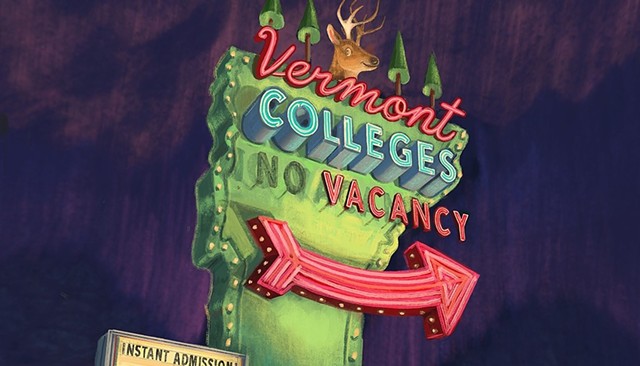
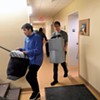
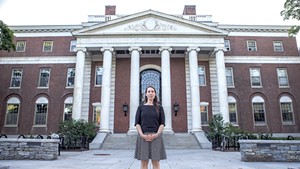
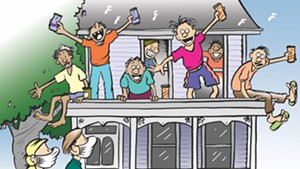
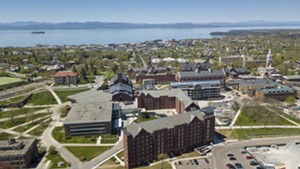






Comments
Comments are closed.
From 2014-2020, Seven Days allowed readers to comment on all stories posted on our website. While we've appreciated the suggestions and insights, right now Seven Days is prioritizing our core mission — producing high-quality, responsible local journalism — over moderating online debates between readers.
To criticize, correct or praise our reporting, please send us a letter to the editor or send us a tip. We’ll check it out and report the results.
Online comments may return when we have better tech tools for managing them. Thanks for reading.